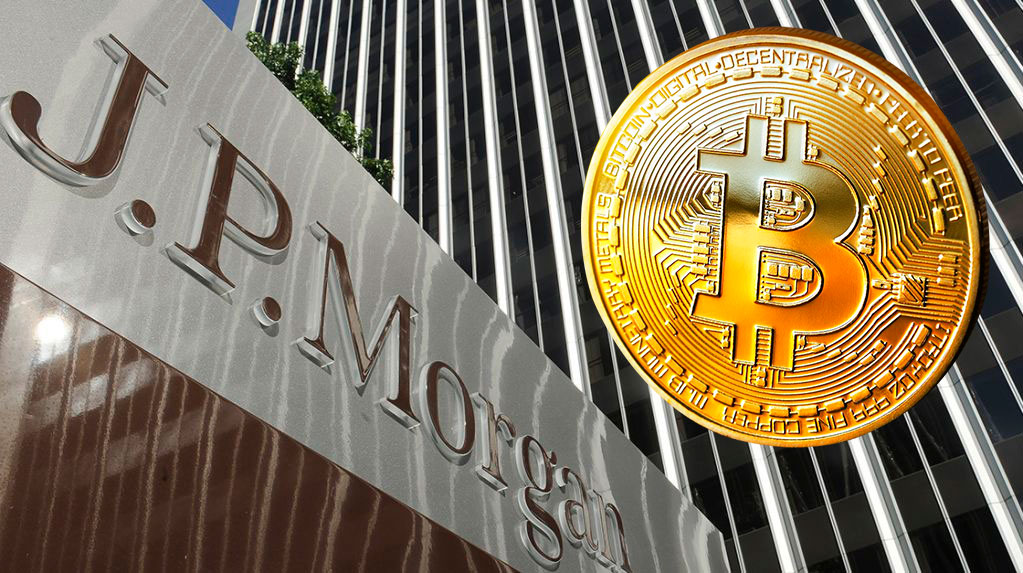JPMorgan Chase of the United States has always been opposed to and skeptical about the cryptocurrency and has therefore attracted a related lawsuit. It was the subject of a class action lawsuit filed last week. Among the users of cryptocurrency enthusiasts, JPMorgan Chase said that in January this year, J.P. Morgan banned customers from using credit cards to purchase cryptocurrencies and levied additional charges and higher interest charges on customers’ cryptocurrency purchases, and did not issue relevant notifications to these customers in advance. Therefore, the bank is required to make compensation.

San Diego's law firm Finkelstein & Krinsk LLP, which specializes in class actions, has helped Brady Tucker et al. sued J.P. Morgan. The plaintiff Tucker from Idaho stated that in the end of January and early February, the five cryptocurrency transactions he conducted had been charged by J.P. Morgan with a handling fee of $143.30 and a sudden interest charge of $20.61. Although this matter may seem insignificant in itself, given that many customers have encountered this situation, the amount of fees the bank collects must not be underestimated. Tucker also stated that "after buying a cryptocurrency through Coinbase.com or other online cryptocurrency merchants," he was asked by J.P. Morgan to pay for cash advances on credit cards, which is contrary to the terms originally signed with the bank.
JPMorgan Chase has always been very demanding on cryptocurrencies (especially Bitcoin). Its chief executive, Jamie Dimon, calls cryptocurrencies "fraud", "tulip bubble", and even accuses cryptocurrency enthusiasts of stupidity. He insisted that he would lay off employees who are involved in cryptocurrency and thus caused a lot of controversy. However, he later seemed to want to withdraw some harsh criticism, and even almost entered the field of bitcoin futures.
According to a Reuters report, the lawsuit document stated that JPMorgan did not give any warning and “continued to require the plaintiff to pay these costs after the plaintiff’s transaction occurred”. The lawsuit was filed in the federal court and alleged that JPMorgan “arrested customers from using a credit card to purchase cryptocurrencies in late January and charged them with unexpected expenses and treated these purchases as credit card advance cash”.
J.P. Morgan seems to have charged additional fees and higher interest on cash advances and declined the refund. Mary Jane Rogers of JPMorgan Chase did not want to comment on these descriptions, but she admitted that the bank banned cryptocurrency purchases because of concerns about the risks involved. She said that customers are free to use debit cards and will not incur such fees.
Tucker pointed out that the bank has attacked them by charging such fees so that it does not have any recourse. In addition, the lawsuit alleges that J.P. Morgan has openly violated the Truth in Lending Act, which requires the company to notify customers when major changes are made to the terms of the account. According to a Reuters report, "The lawsuit required J.P. Morgan to pay $1 million in actual damages and statutory damages."
Author: Vidrih Marko
Hello,
We have found that all or part of the above post may have been copied from: https://medium.com/@VidrihMarko/j-p-morgan-impedes-customers-from-buying-cryptocurrencies-10b123fadd40
Not indicating that the content you post including translations, spun, or re-written articles are not your original work could be seen as plagiarism.
These are some tips on how to share content and add value:
Repeated plagiarized posts are considered spam. Spam is discouraged by the community, and may result in action from the cheetah bot.
If you are actually the original author, please do reply to let us know!
More Info: Abuse Guide - 2017.
If you reply to this comment directly, we may not notice your response.
It is recommended to contact us in our Discord Channel, instead.
Thank you.
Downvoting a post can decrease pending rewards and make it less visible. Common reasons:
Submit